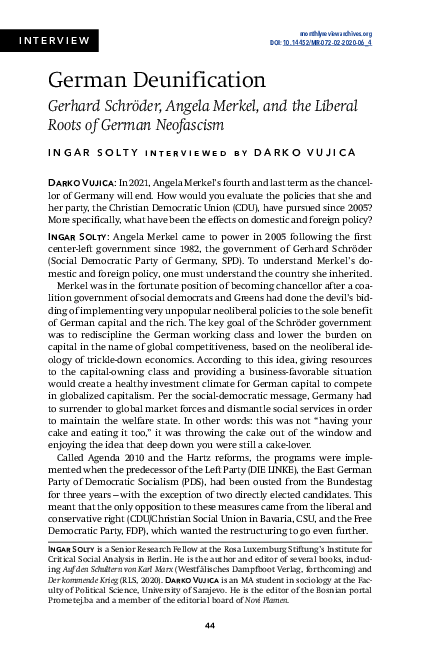
If that happens without consequences in Ukraine, it could happen to any nation gathered here today” and reaffirmed: “I will never hesitate to protect my country or our allies, unilaterally and by force where necessary.” State of Play president Barack Obama expressed corresponding concern: “we cannot stand by when sovereignty and territorial integrity of a nation is flagrantly violated. Outdated thinking in terms of spheres of influence which tramples international law underfoot must not be allowed to prevail.” German foreign minister Frank-Walter Steinmeier characterized the consequences as “the post-1989 European order is openly called into question” and assessed these developments as a test for “the trans-Atlantic bond.” Although it was not the major aspect of his address at the United Nations General Assembly on 28 September 2015, U.S. Russia is now seeking to exert influence in order to destabilize eastern Ukraine in Donetsk and Luhansk. Although Germany was long notorious for being too indulgent toward Russia and labeled a “Russlandversteher,” in November 2014 the tone changed remarkably after the G20 summit in Australia, with Chancellor Angela Merkel clearly stating: “Russia is violating the territorial integrity and the sovereignty of Ukraine. view on Europe, and evoked abundant pithy statements. The dissertation also identified the interdependencies of both consumers through policies and markets with regard to securing supplies.įor all of 2014 and well into 2015, the conflict between Russia and Ukraine over the hostile events in Crimea and the eastern provinces of Donetsk and Luhansk dominated German and (at least central and eastern) European foreign and security policy, shaped the U.S. Implications for European Supply Security,” published in 2011, she analyzed the characteristics of common EU and Chinese energy policies and their respective priorities. In her dissertation, “The energy policy of the EU and the People’s Republic of China. Nötzold holds a PhD in Political Science from the Chemnitz University of Technology and a Magister degree with a double major in political science and business administration. Prevention and Resolution,” the Manfred Wörner Seminar, organized by the Federal Ministry of Defense and the German Marshall Fund, as well as the International Visitor Leadership Program of the U.S. She is a member of the Working Group of Young Foreign Policy Experts of the Konrad-Adenauer-Foundation and has participated in the Expert Advisory Group “European and South Mediterranean Actors – Partners in Conflict Additionally, she receives a scholarship for her habilitations thesis from the Konrad-Adenauer- Foundation.



Antje Nötzold is a Research Associate and Lecturer in the Department of International Relations at Chemnitz University of Technology.


 0 kommentar(er)
0 kommentar(er)
